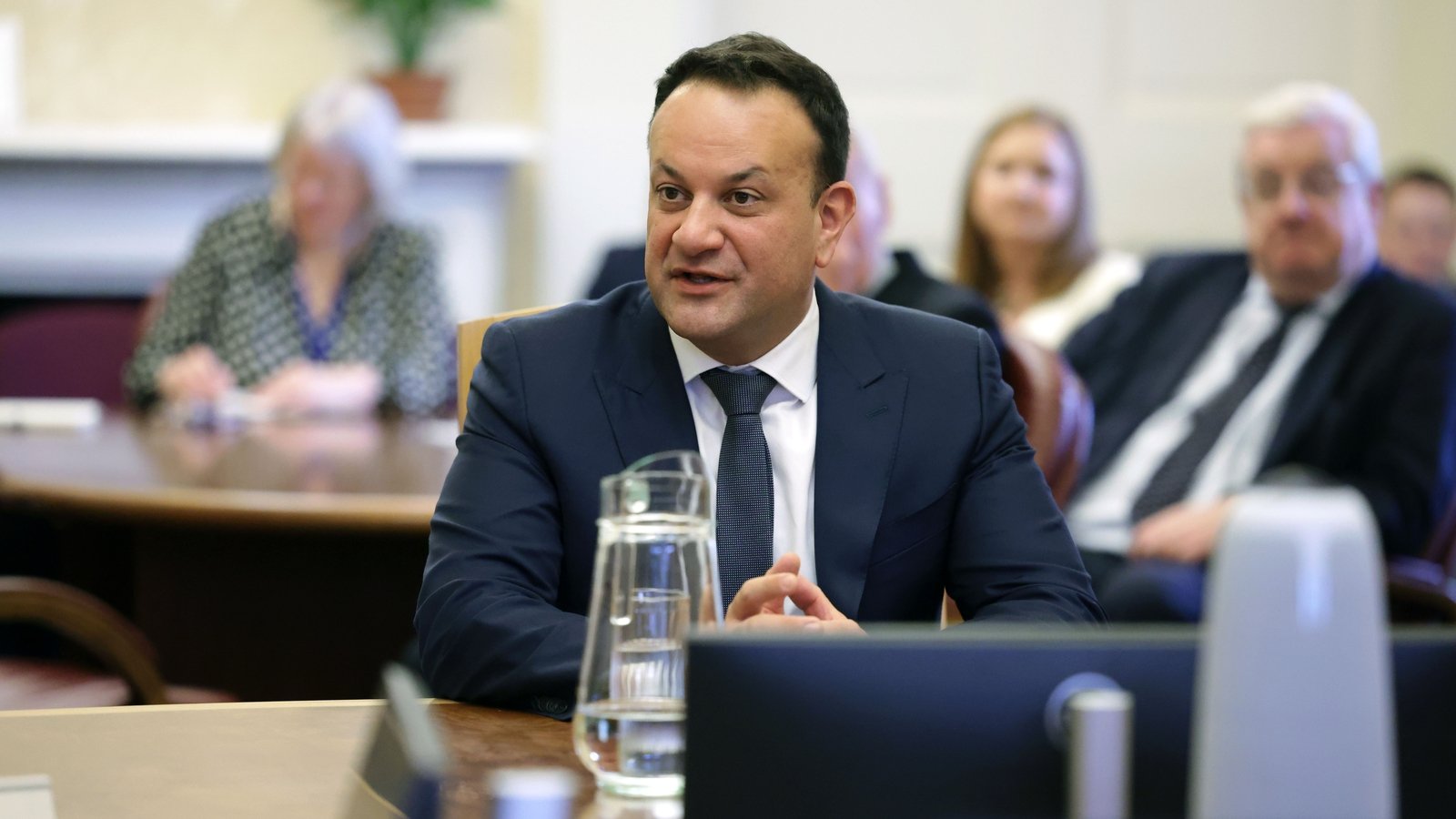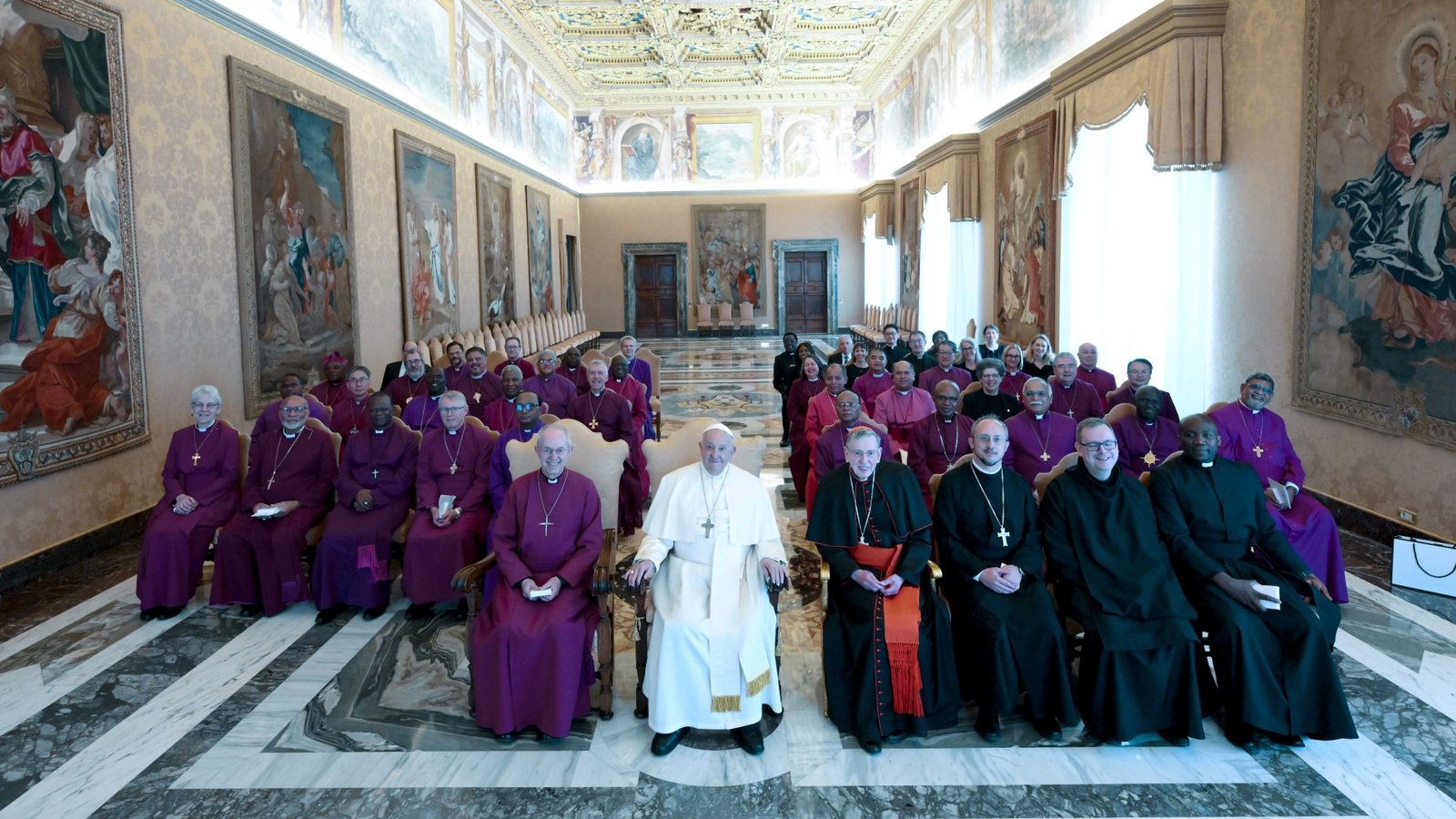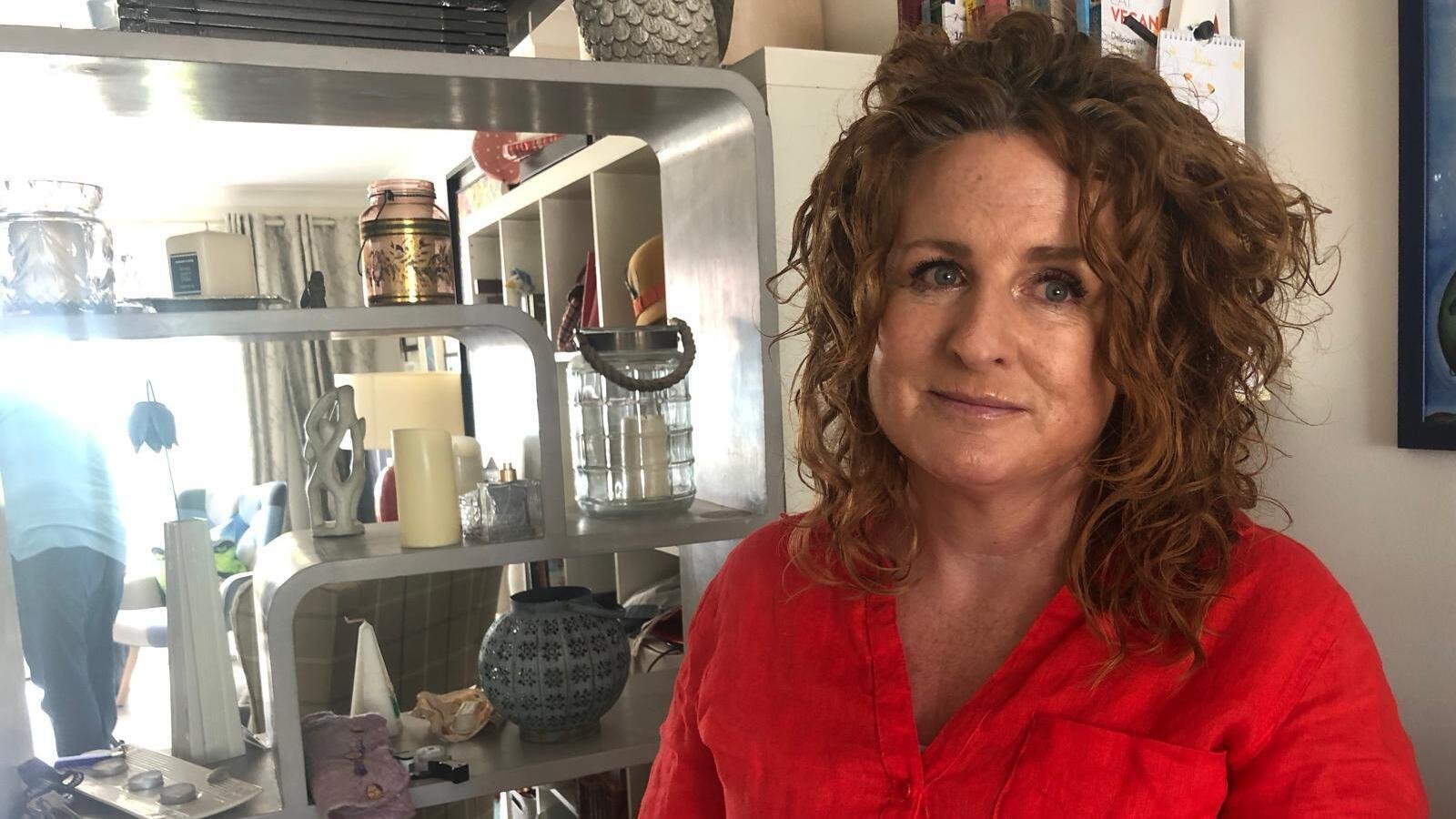Wording of both referendums ‘weak’

Taoiseach Leo Varadkar has said a yes vote in the upcoming referendums on family and care would further modernise the Constitution and better reflect the Ireland in which we live in today.
The proposed referendums, to be held on International Women’s Day on 8 March, would broaden the definition of family beyond marriage in the constitution.
Mr Varadkar said on the family referendum, a yes vote would continue to protect the family and the institution of marriage and recognise that families are based on marriage.
He added that the Constitution says that families can only be based on marriage and that the Government says this no longer reflects modern society.
“We have families that are based on other durable relationships,” Mr Varadkar said.
“These include one parent families, family led by grandparents, guardians or a couple that are cohabiting for a long period of time, a single mother or single father, a sister or brother raring nieces or nephews when their brother or sister passed on.
“These are everyday examples, we estimate about one million people form these families and yet our Constitution says that their families are not real.”
Mr Varadkar said that these families were already recognised in law, in tax and social welfare laws but a yes vote would extend the constitutional shield to more families.
Speaking about care, he said that the existing wording provides some protection but only for care givers who give care in the home and are women.
“The new proposed article is much more inclusive, it’s about care and also those who are cared for, men and women within the home and without,” the Taoiseach said.
“Crucially it places a constitutional obligation on future governments to strive to support and improve conditions for family carers.”
He said that the no vote would send the wrong message to children of one parent families, that we as a society believe they are lesser, and saying to another generation of women that we believe care is mainly their duty rather than one for the wider family and society.
“The right thing is to say to all children and families that we value and protect them by voting yes,” Mr Varadkar said.
“To show that those involved in providing family care that the Constitution protects and values them by voting yes.
“These proposals will enable the Constitution to catch up with contemporary reality and ensure it reflects positive and inclusive ambitions for the future of our country.”
He said that approving the amendments would reinforce the fact that Ireland is a modern inclusive nation that strives to treat and care for all its people equally and vigorously work to achieve this.
Explained: What will people vote on in twin referendums?

‘We don’t know what we are voting for and it didn’t have to be this way’ – Mullen
Senator Rónán Mullen has made the case for a no vote in both of the upcoming referendums.
Speaking on RTÉ’s Today with Claire Byrne, he described the wording of both proposals as weak and said that the Government was determined to come up with the wrong answers to the right questions.
Senator Mullen said that the process was rushed and avoided scrutiny through the Dáil and Seanad “as though they didn’t want us to look closely at the wording of what they are proposing – that should make people very suspicious of what’s going on here”.
“The concept of durable relationships introduces a whole area of uncertainty into our Constitution that we have never had before,” he said.
The Senator said that cohabitation law gives very specific rights for couples who are not married, but it gives limited rights, and was a huge contrast in terms of care and attention that has been given to this “radical definition of durable relationships where we don’t know who exactly will be able to claim the rights of the family”.
He gave an example of three people who are lawfully connected under law in another country then seeking recognition within the State, saying that the Minister cannot tell us whether or not this might include polygamist relationships down the line, or even short term relationships as the definition does not say how long a relationship has to have lasted.
Senator Mullen said that this meant redefining what a fundamental unit group can be by this vague term of durable relations.
“The last thing people should want in that having disputes going on in the courts,” he said.
“It’s a pig in a poke, we don’t know what we are voting for and it didn’t have to be this way.”
Senator Mullen said that there appeared to be an ideological wing within the Government that’s allergic to the references to the mother, allergic to the idea of parenting or life in the home “but doesn’t want to come out and declare that”.
He added that it is not clear that durable relationship necessarily would refer to a single parent and their children, but other wording would give some respect in those cases.
Senator Mullen asked whether durable relationships were conjugal between adults, and asked how conjugal it has to be.
He said that in a court setting, there could be an example of a hidden relationship, that turns out to be durable when it’s under litigation in the court.
“The Government is just kicking the ball up in the air and giving a bland reassurance to people that it’ll be alright as the court will sort it out, but that’s not what the Constitution is for,” Senator Mullen said.
Minister for Integration Roderic O’Gorman was “making it up as he goes along”, he added.
‘Weak as water’
On the referendum on care in the home, Senator Mullen said that the word “strive” was as weak as water.
He added that he was not able to point to a single benefit for people that either of these referendum proposals would make happen as it is “all in the vague area of symbolic language”.
He said that the referendum wording on care in the home, should have extended the wording to include parents, both fathers and mothers, to recognise that people not be forced by economic necessity away from their duties.
Senator Mullen said that there was an element underlying that the Government do not want to say that women are different from men, but that the new wording proposed does not give any practical right to carers.
He said that the whole thing was very dishonest and like a half promise in a bait and switch proposal with the weak reference to caring.
The Senator added that the Government were getting by on a lick and a promise that the referendums would get through as the wording sounds nice but in reality they are giving nothing and taking away a lot.
“Courts are there to interrupt the law and not make it up in confusion because the law is so vague, people are entitled to a decent and proper reference to caring which they have not got,” he said.
Watch: Referendums on family and care explained





